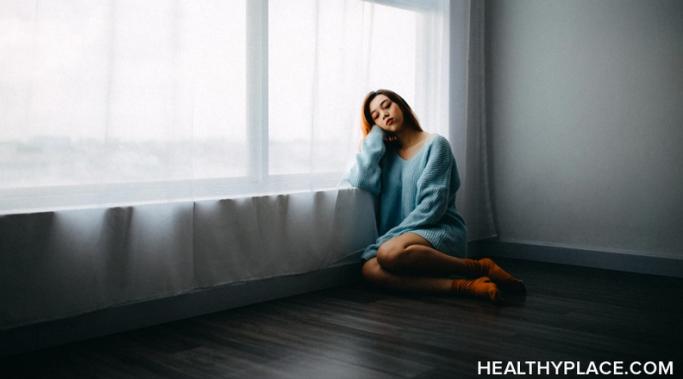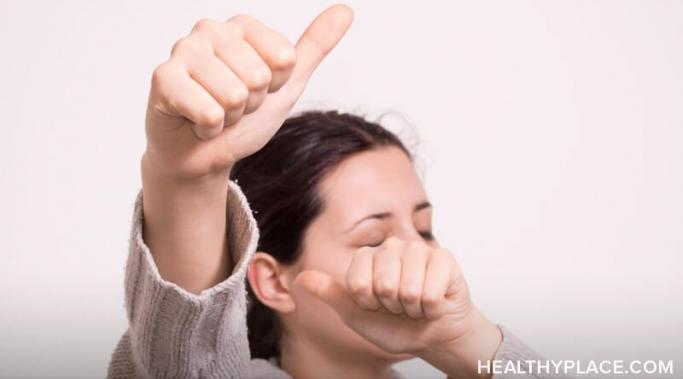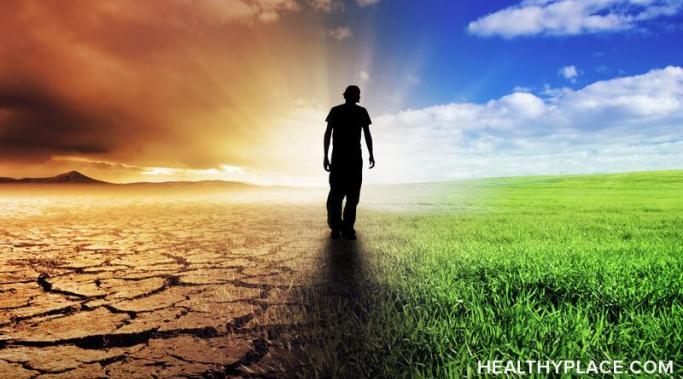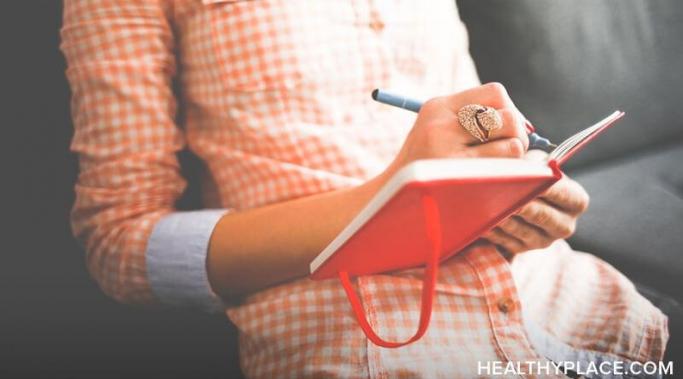Blogs
Juliana Sabatello
People who know me describe me as friendly, and it's funny for me to hear because I wasn't always -- I had social anxiety. Connecting with others is at the core of who I am as a person, but social anxiety held me back from belonging for the first two decades of my life.
I need grounding techniques because I carry a diagnosis of posttraumatic stress disorder (PTSD). This diagnosis has many symptoms that I have struggled to gain control of over the years, the most prevalent being my severe anxiety.
When you face the onslaughts of verbal abuse, it can be hard to find your voice amid the chaos and stress. It can be especially complex when it happens in gatherings of family members. Verbal abuse in family situations can make many people feel awkward and unsure how to deal with the abuser and the victim.
Anxiety usually involves some form of fear. Anxious thoughts often involve worry: fear of what might happen, of worst-cases scenarios and disastrous consequences of something that has already happen or might possibly happen in the future. Anxiety and fear aren't exactly the same thing, however. Here's a look at the difference between fear and phobia and a common thread between them.
I started writing about depression in 2017 on my blog, "Mahevash Muses." Then in 2019, I got the opportunity to write about it here at HealthyPlace. The experience has been cathartic, and I wouldn't want to trade it for anything else (other than not being clinically depressed). That said, there are some things I wish I had known before I became a depression blogger.
One of the most damaging misconceptions about mental illness, anxiety included, is that it’s somehow necessary to produce something creative. This could not be further from the truth – the reality is often the exact opposite. Anxiety can often be crippling to creativity, for reasons that are, when they are given even just a little thought, more than obvious.
Is there a right time to share your eating disorder story? And if so, when do you know the time is right? I have been thinking about these questions lately with regard to my own eating disorder story. A few months ago, I heard vulnerability researcher Brené Brown state in a podcast interview, "If there is a part of my story that I feel compelled to seek external validation for, then I am not ready to talk about it publicly."
I'm not great at mental illness recovery. How do I know I'm getting better? A lot of the time, I can't even see progress. I think I'm improving, and then my mental health takes a dive. It feels like this will never end. And maybe it won't. I will probably deal with mental illness for the rest of my life, so I've found some useful tools for measuring my progress in mental illness recovery.
I love validation. I need it so much all the time, and sometimes I lose sight of the bigger picture. I stop seeing it as part of my healing and recovery, and I start seeing it as the end goal—the destination. Really, validation is a journey; it's something that's always ongoing, and I will never reach a point where I feel fully, 100 percent, in a way that will never fade or waver. Plus, even though validation is an essential aspect of healing, it is not the same thing as healing.
Today is my birthday. I usually travel somewhere and pretend the day doesn't exist. However, this year I'm in lockdown, so I have to face the fact that I got a year older. I decided to practice gratitude and celebrate all the little achievements that made me who I am today. For instance, I feel grateful that I can write for HealthyPlace as it helps me (and, hopefully, my readers) stop self-harm.









